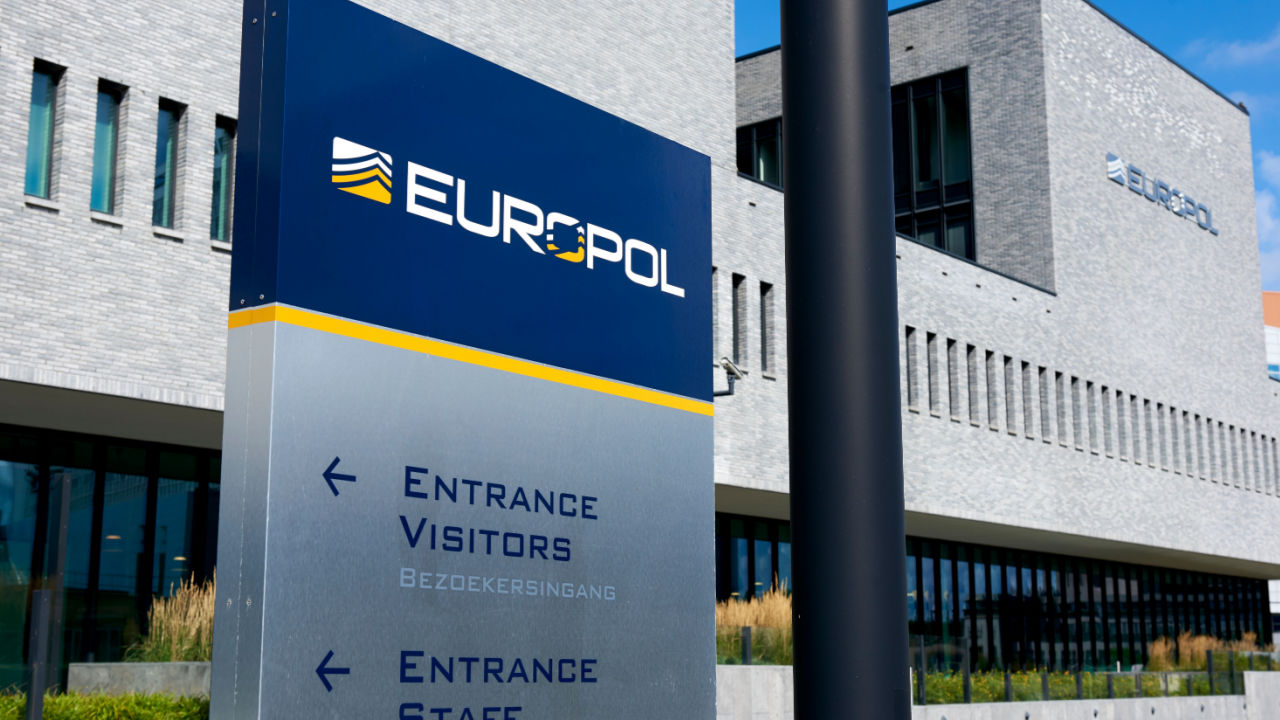European law enforcement authorities have detained four more members of the executive team of crypto exchange Bitzlato, Europol announced. According to the police agency, nearly half of the funds processed through the platform were associated with various criminal activities.
Bitzlato Senior Management Targeted in Europe, Exchange Infrastructure Dismantled
High-ranking executives of the recently busted Bitzlato have been apprehended as part of the international investigation against the crypto exchange with the participation of law enforcement and judicial authorities in several European countries.
According to a press release published by the European Union Agency for Law Enforcement Cooperation (Europol) on Monday, the operation led by the U.S. and France, also involved Belgium, Cyprus, Portugal, Spain, and the Netherlands.
The Hong Kong-registered coin trading platform is suspected of facilitating the laundering of large amounts of criminal proceeds, the agency emphasized. Last week, the U.S. announced the arrest in Miami of its co-founder and majority owner Anatoly Legkodymov, a Russian national residing in China. Its France-based digital infrastructure was also shut down.
Besides Legkodymov, believed to be Bitzlato’s main administrator, four more individuals have been detained in Europe so far. Among them, the CEO, financial director, and marketing director of the exchange who were arrested in Spain, and another person handcuffed in Cyprus, Europol detailed without revealing their identities.
Police have conducted eight home searches, half of which in Spain, at one address in the U.S., two in Portugal, and one in Cyprus. Wallets with €18 million ($19.5 million) worth of cryptocurrency, vehicles and electronic equipment have been seized and over 100 accounts at other exchanges frozen, involving a total of €50 million.
Almost Half of Bitzlato Transactions Linked to Crime, Europol Claims
Little-known outside the Russian-speaking market, Bitzlato operated globally, Europol said, facilitating the quick conversion of digital currencies, including bitcoin, ethereum, litecoin, bitcoin cash, dash, dogecoin, and tether, into rubles. According to quoted estimates, the platform received a total of €2.1 billion worth of assets.
“While the conversion of crypto assets into fiat currencies is not illegal, investigations into the cybercriminal operators indicated that large volumes of criminal assets were going through the platform,” the agency elaborated and highlighted:
The analysis indicated that about 46% of the assets exchanged through Bitzlato, worth roughly €1 billion, had links to criminal activities.
The majority of the suspicious transactions were linked to entities sanctioned by the U.S. Justice Department’s Office of Foreign Assets Control (OFAC), with the rest associated with various crimes including scams and ransomware attacks.
According to Europol, 1.5 million BTC transactions were made between Bitzlato users and the darknet market Hydra, which was closed down in April, 2022. On Jan. 18, U.S. officials described the takedown of Bitzlato as a “blow to crypto crime” dealt by an “international cryptocurrency enforcement action.”
Tags in this story
agency, Arrested, arrests, Bitzlato, Crypto, crypto assets, crypto exchange, Cryptocurrencies, Cryptocurrency, Europe, european, Europol, Exchange, Law Enforcement, Money Laundering, operation, Police, ransomware, russian, trading platform
Do you expect more arrests in the Bitzlato case in the near future? Share your thoughts on the subject in the comments section below.
![]()
Lubomir Tassev
Image Credits: Shutterstock, Pixabay, Wiki Commons, My Eyes4u / Shutterstock.com
Disclaimer: This article is for informational purposes only. It is not a direct offer or solicitation of an offer to buy or sell, or a recommendation or endorsement of any products, services, or companies. Bitcoin.com does not provide investment, tax, legal, or accounting advice. Neither the company nor the author is responsible, directly or indirectly, for any damage or loss caused or alleged to be caused by or in connection with the use of or reliance on any content, goods or services mentioned in this article.



